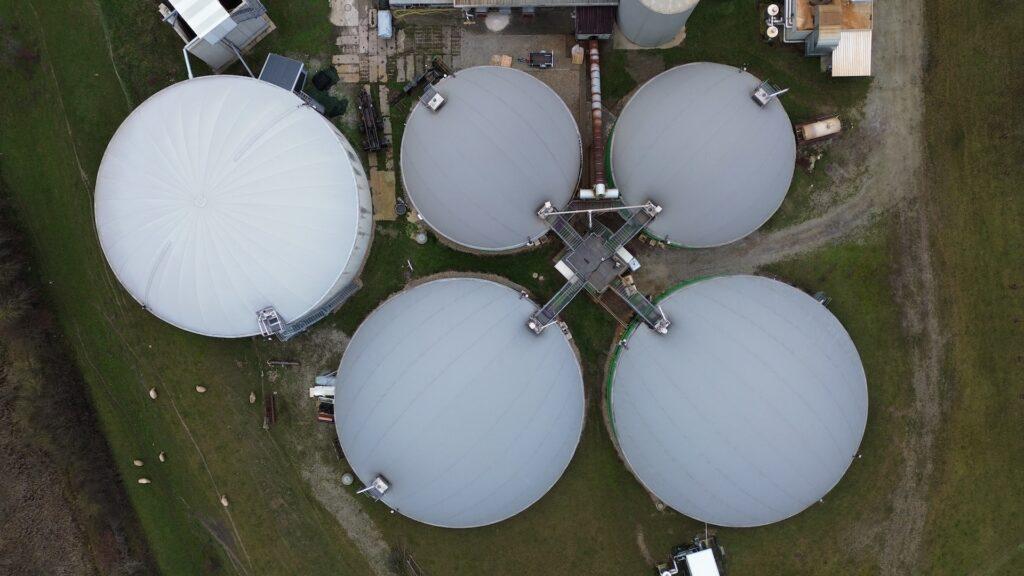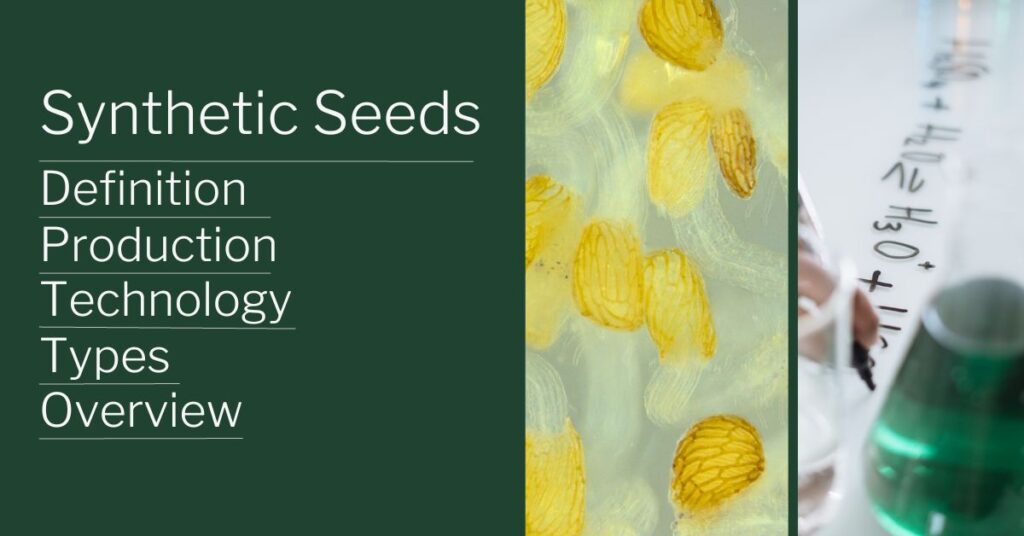Biofuels is any hydrocarbon fuel that is created in a short amount of time- days, weeks, or even months from organic matter (living or once-living material).
Types Of Biofuels
There are 3 types of biofules i.e. in the form of a solid, liquid, or gas :
- Solid: Wood, dried plant material and manure.
- Liquid: Biodiesel and Bioethanol.
- Gaseous: Biogas
Generations Of Biofuels
There are 5 generations of Biofuels are :
First Generation Of Biofuel
- They are produced from biomass i.e. plant, animal and algae.
- It started from Brazilian programme Pro-Alcol which was a success. As a result farmers shifted from food to fuel crops.
- It created a concern regarding food security.
- It also created concern of monoculture and clearing forest for loss of land to make up for land lost to fuel crops.
- This led to search for alternative methods of biofuel production. Based on methods of production we have 4 generations of biofuel.
- The first generation is based on the direct cultivation of the crops; it includes bio ethanol, bio methanol and biodiesel.
- Bio diesel is chemically an ester by transesterification. Algal fuel is also a bio diesel.
Second Generation Of Biofuels
- Second generation of biofuel uses agricultural waste which is in the form of complex cellulose.
- These Lingo cellulose is produced from a complex which is based on agricultural waste, this waste is subjected to thermochemical processing and converted into liquid gas.
- It is difficult to generate due to the decentralized nature of agricultural waste.
- Can be a solution to stubble burning in North India
- Examples of second generation of biofuel cellulose, biodiesel and ethanol.
Third Generation Of Biofuels
- Uses algae to produce fuel.
- It does not require land.
- Algae absorbs CO2 for growth of algae and from algae they get biofuel by crushing algae and converting its oil to biodiesel by transesterification.
- The residue of algae can be converted to fuel by thermochemical and biochemical processes.
- Algae can be grown yearlong.
Fourth Generation Of Biofuels
- It involves genetically modified algae for higher biofuel content in 3rd generation biofuel.
- For the production of these fuels, crops that have been genetically altered to absorb high amounts of carbon are grown and harvested as biomass.
- Afterwards, utilising second-generation processes, the crops are transformed into fuel.
Advantages Of Biofuels
Cleaner Environment
There will be a further decrease in greenhouse gas emissions by minimizing crop burning and turning agricultural wastes into biofuels.
Health Benefits
Reusing cooking oil for food, especially when deep-frying, poses a health risk and increases the risk of numerous diseases. Leftover cooking oils are a possible source of biodiesel feedstock, and using them to make the fuel will stop them from being diverted to the food business.
MSW Management
There are technologies available which can convert waste/plastic, Solid Waste to drop in fuels. Such garbage has the potential to reduce fuel use by 20% or more per tonne.
Employment Generation
One 100 klpd 2G bio refinery may provide 1200 jobs in supply chain management, plant operations, and village level businesses.
FAQs
What is biofuel in simple terms?
A biofuel is any hydrocarbon fuel that is created in a short amount of time—days, weeks, or even months—from organic matter
What is biofuels and examples?
It can be in the form of a solid, liquid, or gas example; biodiesel, ethanol.
What is biofuel India example?
Biofuels in India are Bio alcohols, Biodiesel, Bio ethers, Vegetable Oils, Biohydrogen etc.
Why are biofuels important?
They are important because they have many advantages like a cleaner environment, health benefits and employment generation etc.




